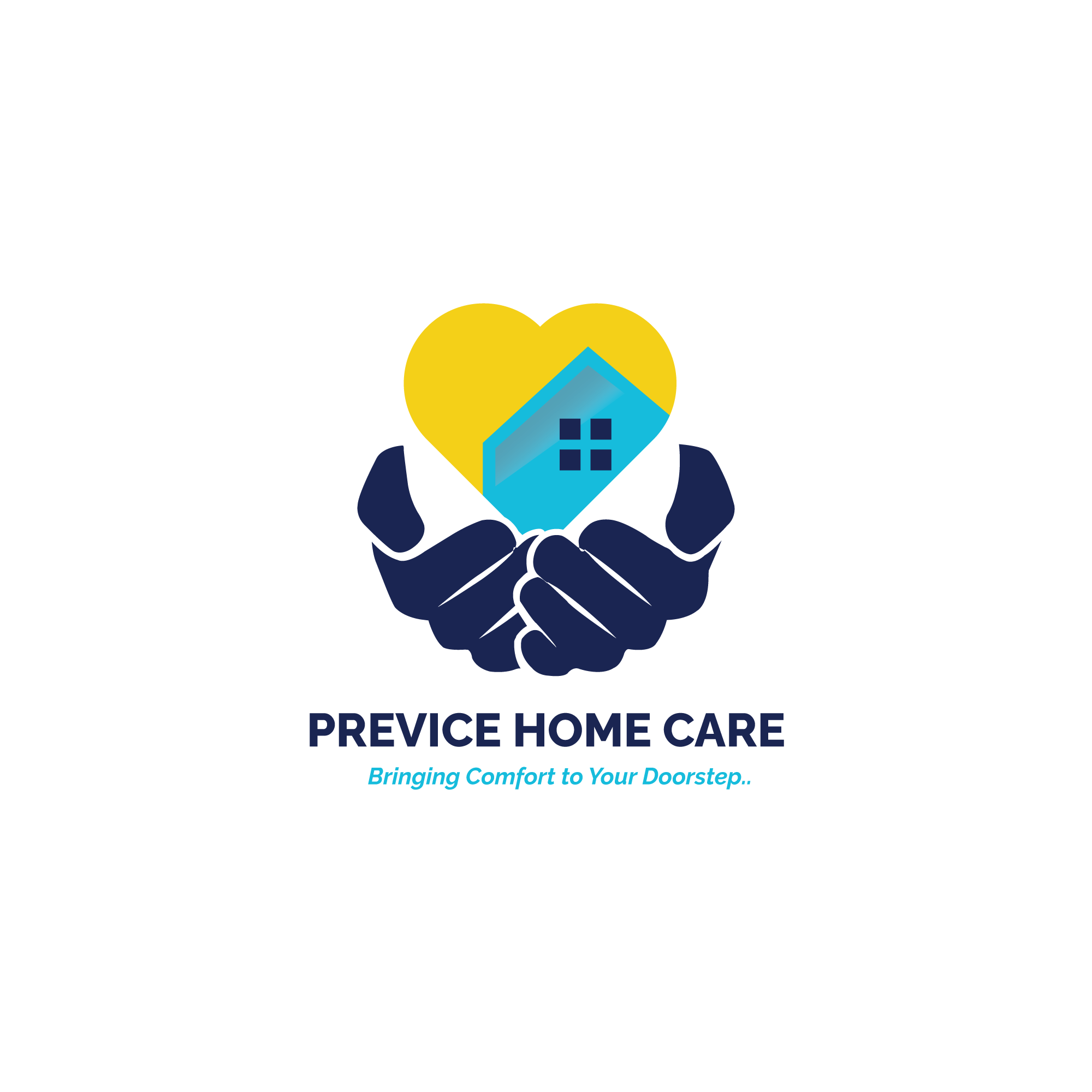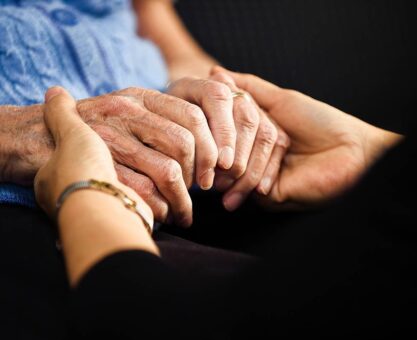Introduction: Why Personalization in Home Care Matters
When it comes to home care, there’s no universal solution that fits every individual’s needs. Every senior has a unique life story, health condition, personality, and set of preferences. Yet, many caregiving services still rely on standardized approaches that overlook the nuanced care seniors truly need to thrive.
Personalized home care changes this narrative. It tailors care to match an individual’s specific needs, fostering greater well-being, dignity, and a higher quality of life. In this blog, we’ll explore why personalized care is essential, how it impacts seniors and families, and practical ways to create a care plan that honors the uniqueness of every individual.
Understanding Personalized Home Care
What Is Personalized Home Care?
Personalized home care involves crafting a care plan tailored to an individual’s physical, emotional, and social needs. Instead of using a fixed checklist of tasks, caregivers adapt their approach to suit the senior’s lifestyle, preferences, and evolving health conditions.
Key Components of Personalized Care:
- Individualized Care Plans: Customized based on medical needs, routines, and personal preferences.
- Holistic Support: Addressing physical, emotional, and mental well-being.
- Flexible Services: Adjusting care as needs change over time.
- Relationship-Based Care: Caregivers building genuine, trust-filled relationships with seniors.
Example: Instead of rigidly following a set meal schedule, a caregiver might prepare a senior’s favorite breakfast when they wake up, honoring their preferences while still ensuring nutrition.
Why One-Size-Fits-All Care Falls Short
Ignoring Individual Preferences
Standardized care often strips seniors of choice, reducing them to a routine that may not align with their lifestyle or comfort. For instance, some seniors might prefer morning baths, while others find evenings more soothing.
Impact: Ignoring preferences can lead to emotional distress, a loss of autonomy, and a decline in overall well-being.
Overlooking Emotional Needs
Personalized home care ensures seniors aren’t just patients; they’re people with rich histories, emotional complexities, and unique sources of joy. A standardized approach that only addresses physical health neglects the equally vital aspects of mental and emotional wellness.
Statistic: According to the National Institute on Aging, seniors with unmet emotional needs are at higher risk of depression and social withdrawal, impacting their physical health as well.
The Transformative Benefits of Personalized Care
1. Enhancing Quality of Life
When care is tailored to align with an individual’s preferences and rhythms, seniors feel valued and respected. Small adjustments like playing a senior’s favorite music while preparing meals or taking them to a beloved park can make a profound impact on their happiness.
Real-Life Example: A caregiver notices that a senior used to be an avid gardener but can no longer bend easily. They create a small indoor herb garden so the senior can continue nurturing plants without physical strain.
2. Promoting Better Health Outcomes
Personalized home care plans are often more effective in managing chronic conditions, as they’re adapted to the senior’s specific health needs. For instance, tailored meal plans can help control diabetes, and customized physical activities can aid mobility and reduce fall risks.
Actionable Tip: Regularly update care plans through check-ins with healthcare providers to ensure evolving health needs are continuously met.
3. Strengthening Emotional and Social Connections
A personalized approach fosters deeper connections between caregivers and seniors. When caregivers take the time to understand a senior’s history, hobbies, and passions, care evolves into companionship reducing feelings of isolation.
Quote: “The best care comes from understanding not just what a senior needs, but who they are.” Aging Care Specialist
Designing a Personalized Home Care Plan
Step 1: Comprehensive Assessment
Begin with a thorough evaluation of the senior’s physical, emotional, and social needs. This should include input from family members, healthcare providers, and most importantly the senior themselves.
Key Areas to Assess:
- Health conditions and medications
- Mobility and physical limitations
- Dietary preferences and restrictions
- Social habits and community involvement
- Emotional and mental health
Step 2: Goal Setting
Work collaboratively to set realistic, meaningful goals. For some seniors, the goal may be maintaining independence in daily tasks. For others, it might be reconnecting with old friends or learning to use technology to stay in touch with family.
Example Goal: Helping a senior attend weekly religious services, with a caregiver providing transportation and support.
Step 3: Building Flexibility Into the Plan
A senior’s needs can sometimes change rapidly. An effective personalized care plan remains flexible, adapting as health conditions evolve or new preferences emerge.
Tip: Regularly schedule care plan reviews to ensure the services provided continue to align with the senior’s current needs and desires.

The Long-Term Impact of Personalized Care.
The Long-Term Impact of Personalized Care
Choosing personalized care is about more than meeting immediate needs, it’s about creating a sustainable, enriching care experience that honors the senior’s life and legacy. When seniors feel seen, heard, and respected, they live with greater dignity and purpose, and their families gain peace of mind knowing their loved ones are genuinely thriving.
Key Takeaways:
- Personalized care respects individuality and promotes well-being.
- Tailored care plans improve health outcomes and emotional fulfillment.
- Strong caregiver-senior relationships are built through understanding and trust.
Final Thought: Investing in personalized care isn’t just about providing help, it’s about honoring the richness of a senior’s life and empowering them to live it on their terms.
Conclusion: Care as Unique as the Individual
The value of personalized home care lies in its ability to treat seniors as whole, unique individuals not just patients. By recognizing and honoring their preferences, histories, and evolving needs, caregivers become not just helpers but trusted companions.
In a world where one size rarely fits all, personalized care stands out as a powerful act of love and respec, a promise that every senior deserves to live a life full of comfort, connection, and joy.









